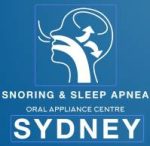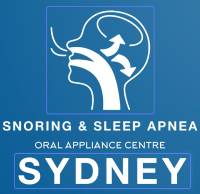**Introduction:**
Sleep apnea, often underestimated, is a sleep disorder that not only disrupts a good night’s sleep but also takes a toll on the respiratory system. Understanding how this condition affects breathing is crucial for grasping the full scope of its impact on overall health.
**The Basics of Sleep Apnea:**
Sleep apnea is characterized by repeated interruptions in breathing during sleep. The most common type, obstructive sleep apnea (OSA), occurs when the muscles in the throat relax excessively, leading to a partial or complete blockage of the airway. Central sleep apnea (CSA) is less common and results from a failure of the brain to send the appropriate signals to the muscles that control breathing.
**The Nightly Struggle:**
During an episode of sleep apnea, the airway becomes blocked, causing a temporary cessation of breathing. As the oxygen levels drop and carbon dioxide levels rise, the brain signals the body to wake up briefly to reopen the airway. This cycle can repeat itself numerous times throughout the night, preventing the affected individual from reaching deeper, more restorative sleep stages.
**Impact on Respiratory System:**
1. **Oxygen Deprivation:**
– Frequent interruptions in breathing lead to lower oxygen levels in the blood.
– Chronic oxygen deprivation can result in daytime fatigue, cognitive impairment, and increased risk of cardiovascular problems.
2. **Stress on the Heart:**
– The strain of repeated awakenings and oxygen fluctuations puts stress on the cardiovascular system.
– Over time, this stress may contribute to hypertension, heart disease, and an increased risk of stroke.
3. **Inflammation and Immune Response:**
– Sleep apnea can trigger inflammation in the respiratory system.
– Chronic inflammation may weaken the immune system, making the body more susceptible to infections.
4. **Pulmonary Hypertension:**
– Severe cases of sleep apnea can lead to pulmonary hypertension, a condition where the blood pressure in the lungs becomes elevated.
– This can strain the right side of the heart and contribute to heart failure.
—
**Seeking Treatment:**
Recognizing the signs of sleep apnea and its impact on the respiratory system is crucial for timely intervention. Treatment options may include lifestyle changes, such as weight loss and positional therapy, as well as medical interventions like continuous positive airway pressure (CPAP) devices or surgery.
**Conclusion:**
Sleep apnea’s effects extend far beyond mere disruptions to a good night’s sleep. Its impact on the respiratory system underscores the importance of early detection and intervention. By shedding light on this silent struggle, we empower individuals to prioritize their sleep health and take proactive steps towards a more restful and rejuvenating night’s sleep.


